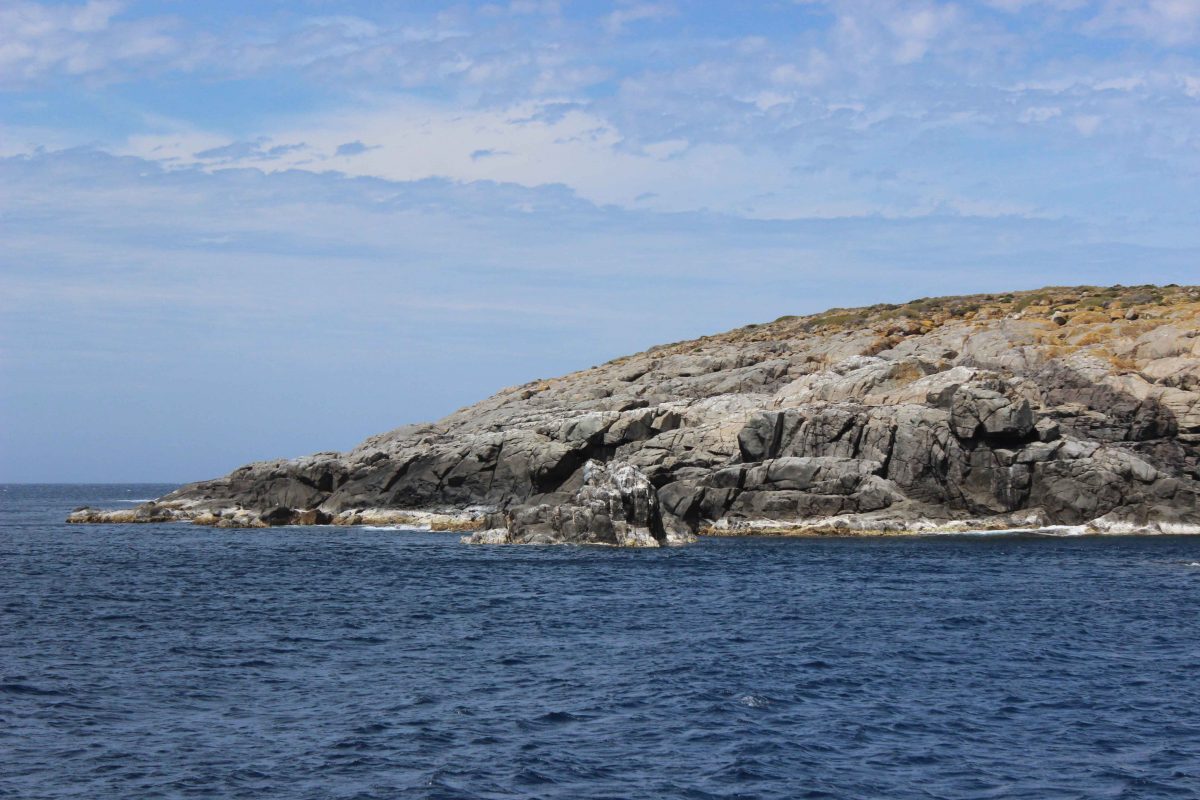
Over the New Year I set off on my most personal and testing journey of my scholarship year. It was not something I was sure about facing at the start of my scholarship year and I knew many of the past Australasian scholars, as well as other OWUSS scholars had been given an eye-opening opportunity whilst undertaking this particular experience. But I had a little bit of a different story.
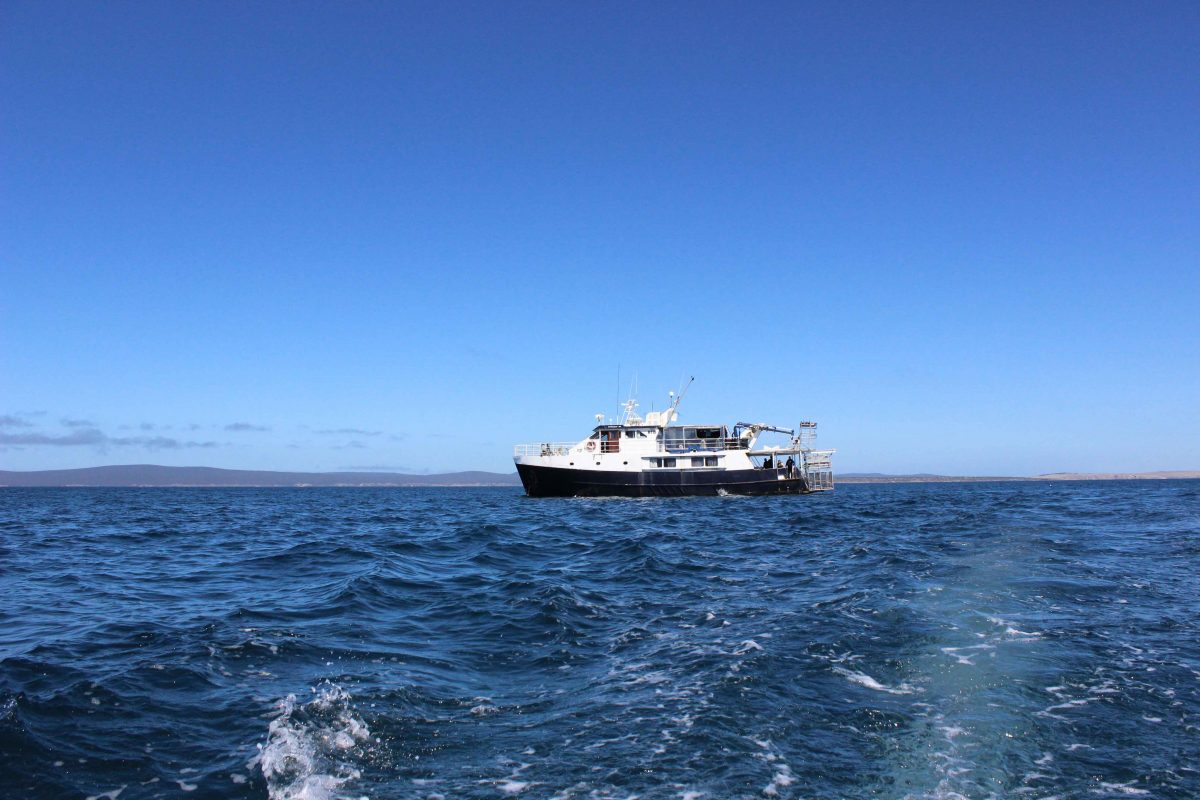
I headed to Port Lincoln in South Australia where I would spend two weeks working with the crew onboard Rodney Fox Great White Shark Expeditions and learn more about this top apex predator.
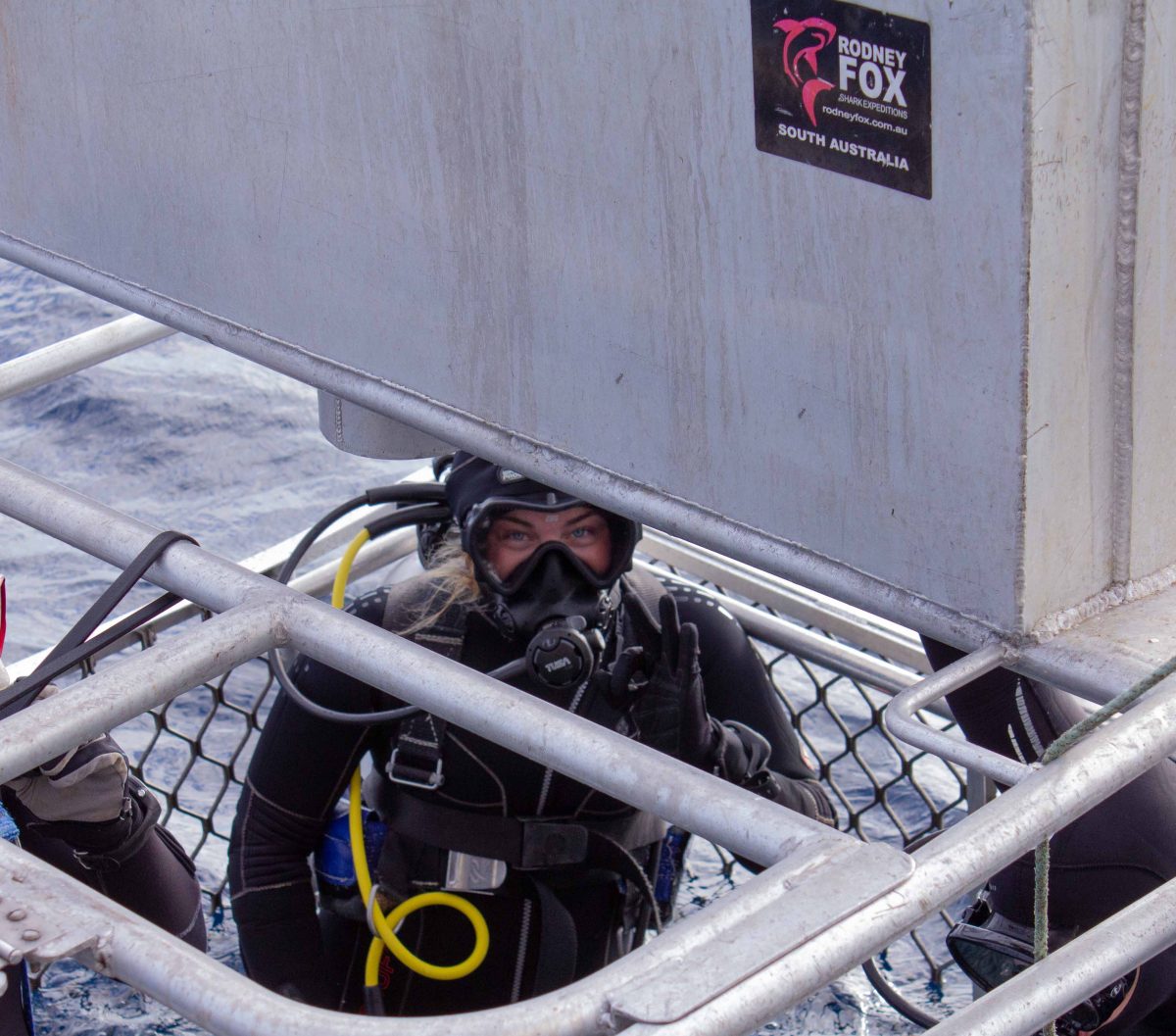
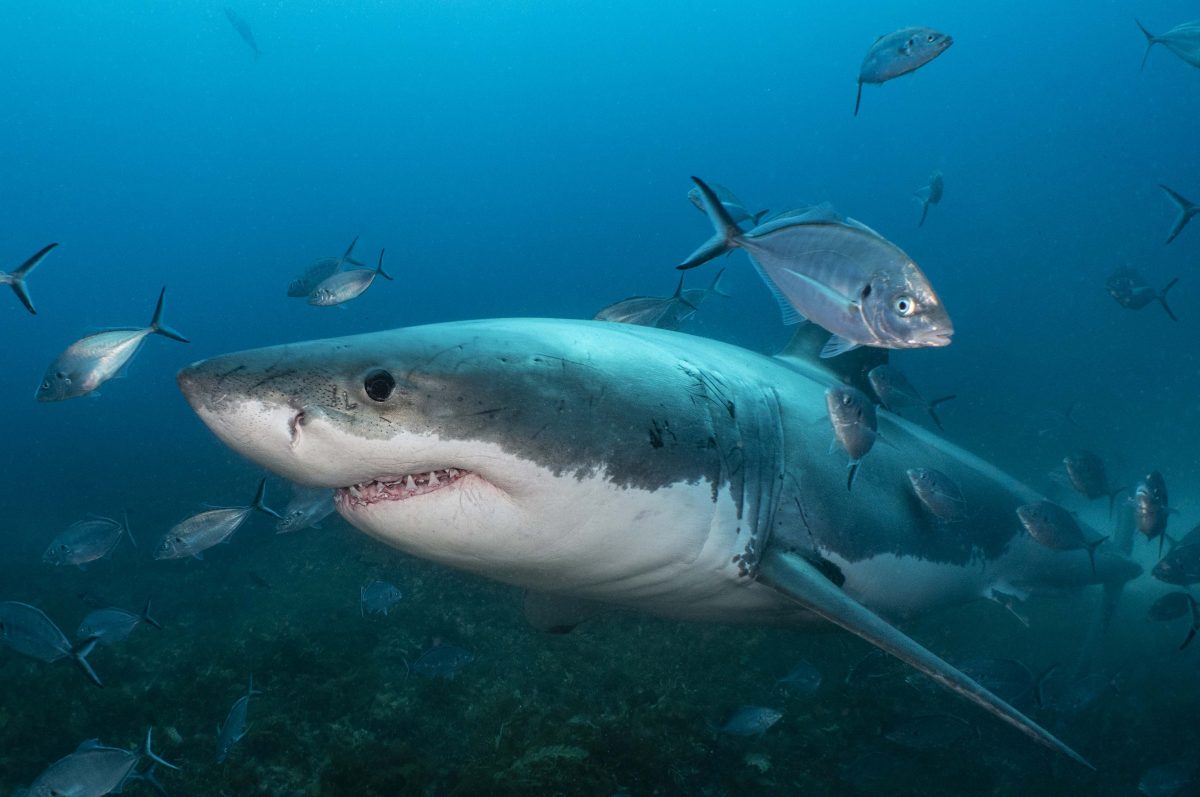
For me, this was an extremely difficult experience to choose to do, as tragically I lost my father to a Great White Shark nearly four years ago whilst we were diving together at home in Tasmania. For me getting back into the water and scuba diving again took some courage, it didn’t take me long because I had grown up with the ocean and my Dad was a commercial diver, so diving was something we both loved doing together. Diving provides me with a great connection to my Dad that I don’t really experience with anything else I do.
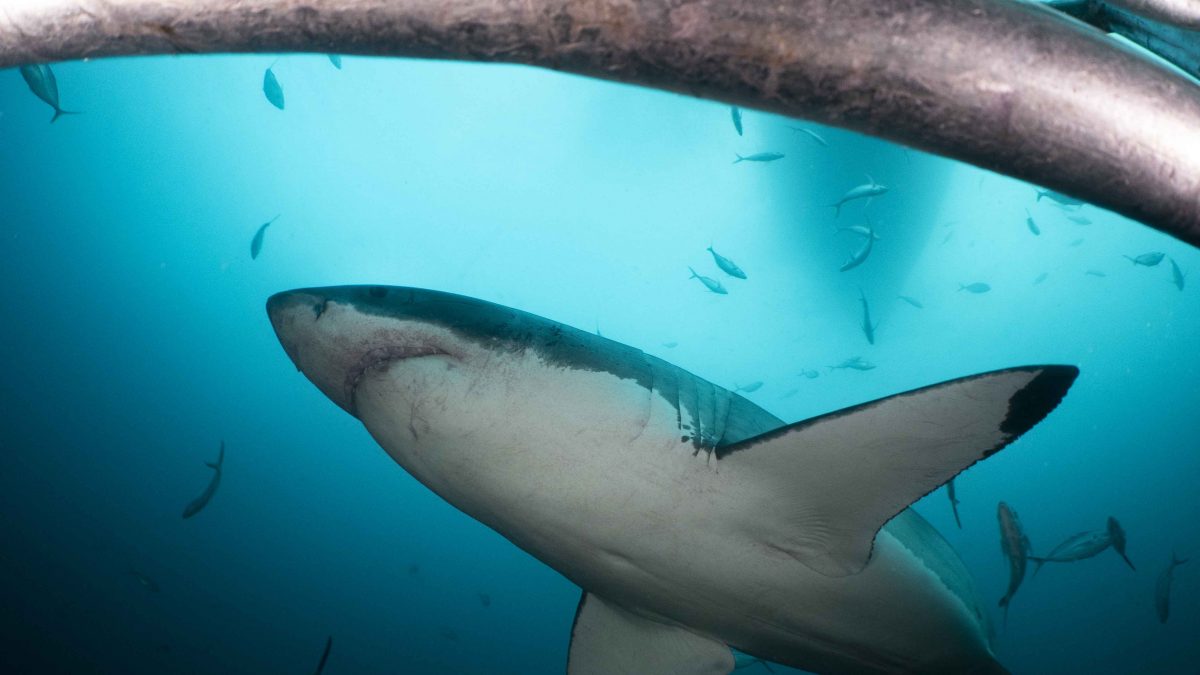
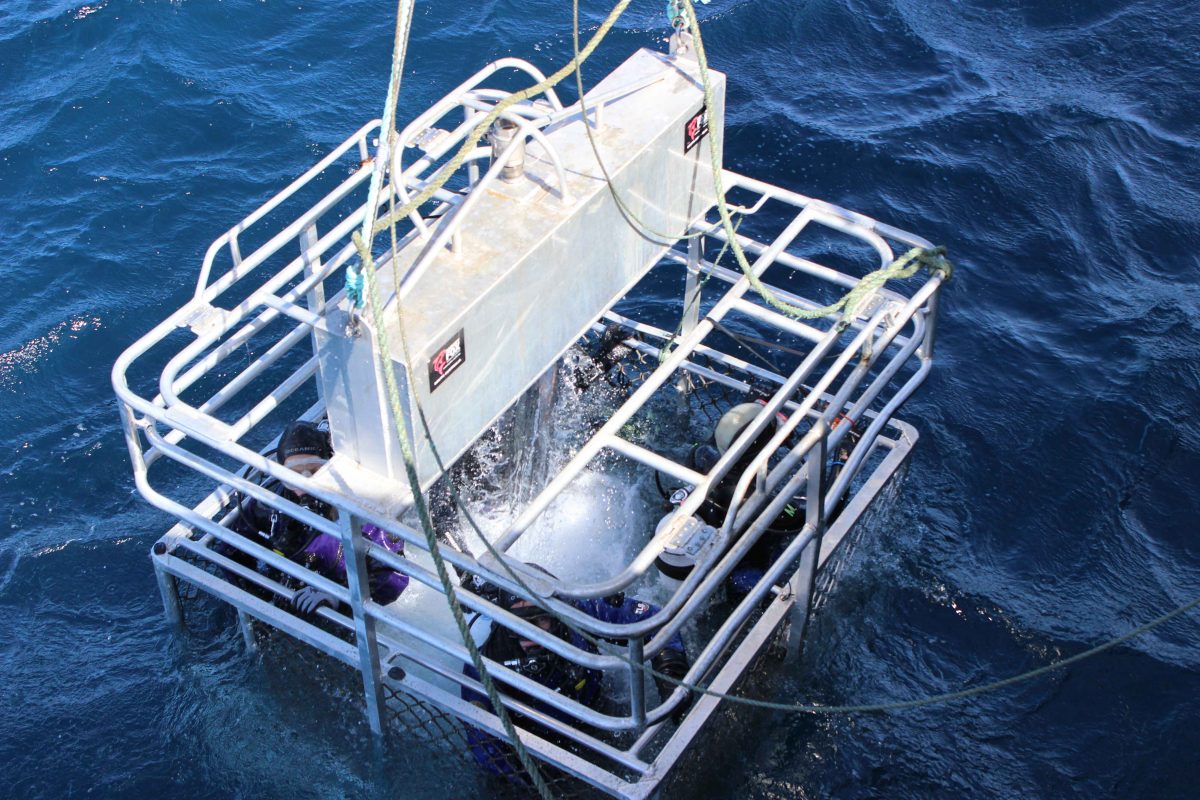
But, choosing to undertake this particular experience was a whole other level for me. It’s not that I am afraid or scared sharks in any respect, I have dived with many species of sharks over my scholarship year. It was more the personal effect this particular experience was likely to have on me.
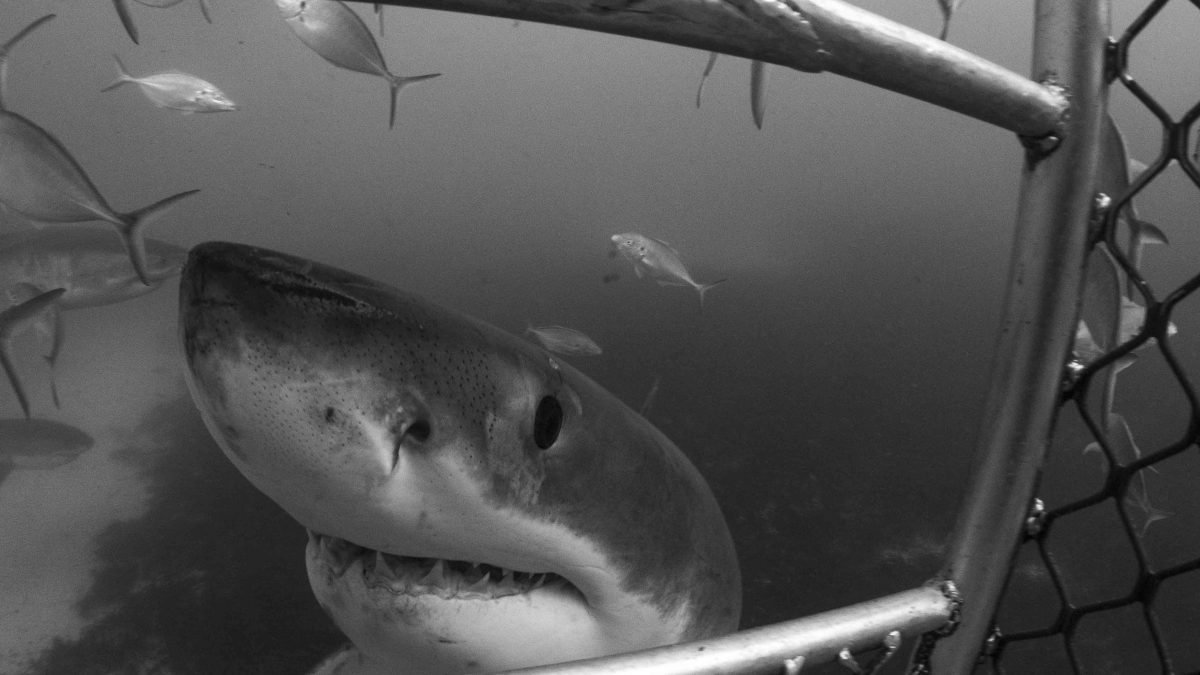
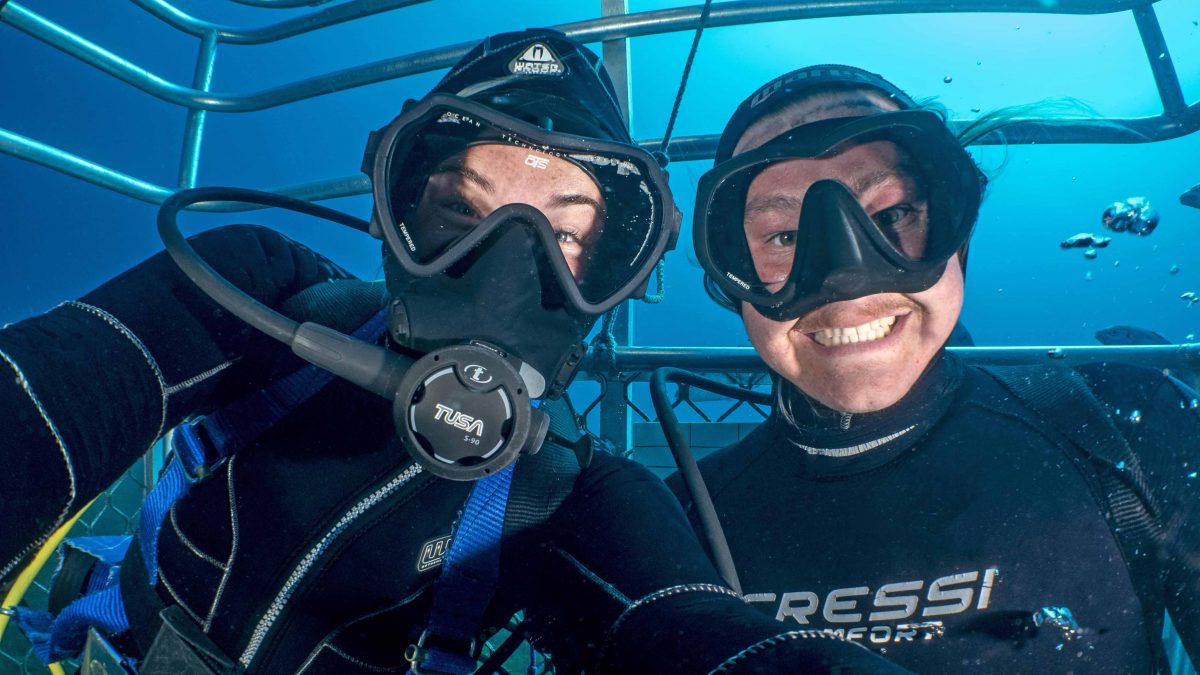
I think as a scientist, processing factual information has always made a lot of sense for me. After my Dad passed away I used researching sharks as a coping mechanism – what a top apex predator does in the wild makes complete sense, but what had happened to my Dad did not make any sense. The more I researched sharks, the more I became extremely fascinated by their behaviours, as well as becoming aware of the stigma and portrayal by the media, of sharks in general but particularly Great White Sharks to the public.
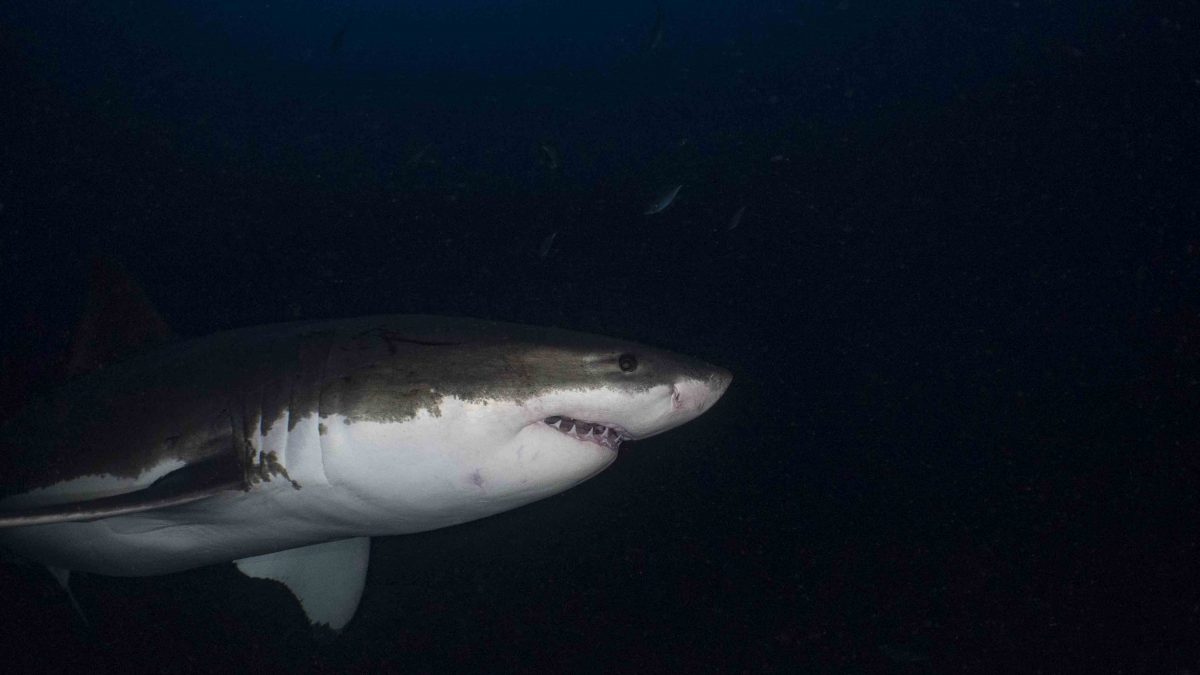
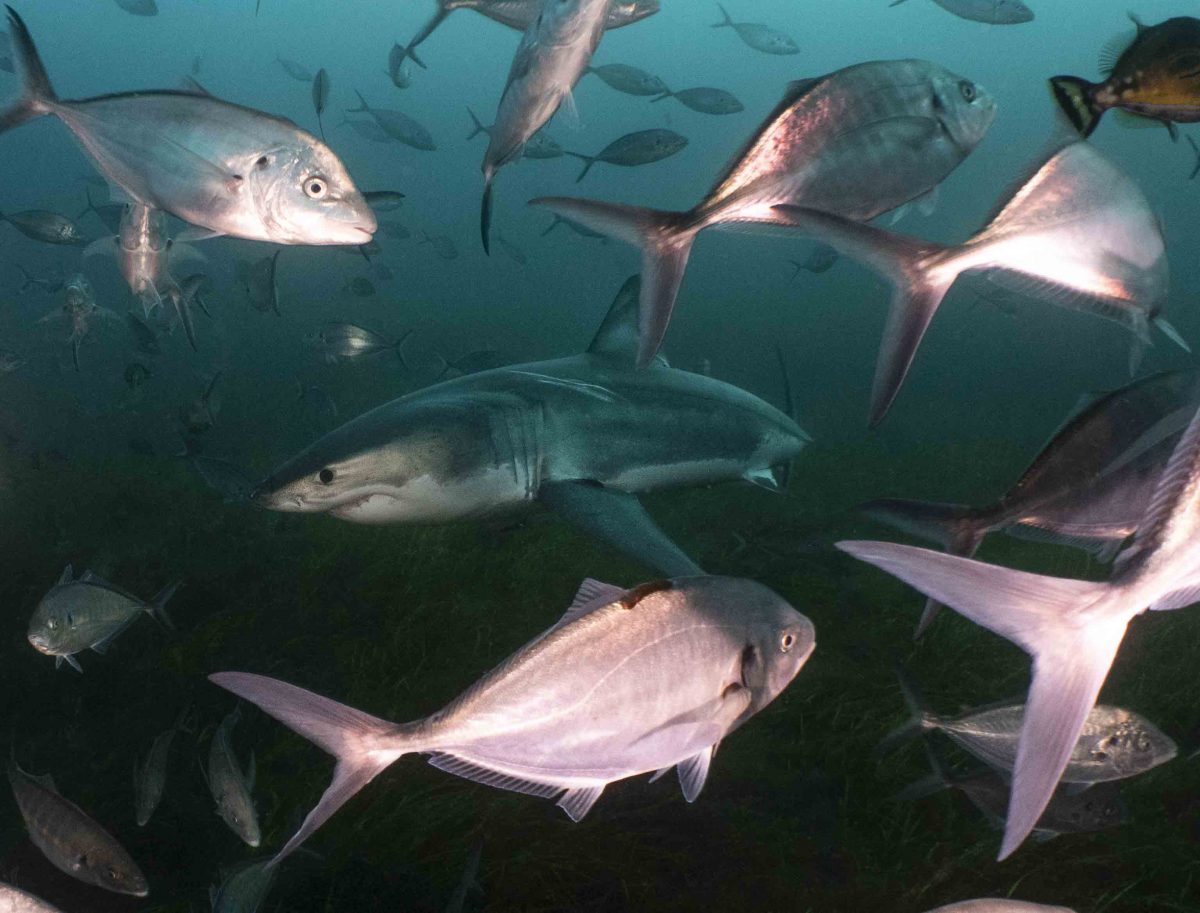
I was extremely fortunate to be joined by Rodney Fox’s son, Andrew Fox who owns and runs this incredible company, and gives people the opportunity to experience diving with Great White Sharks first-hand.
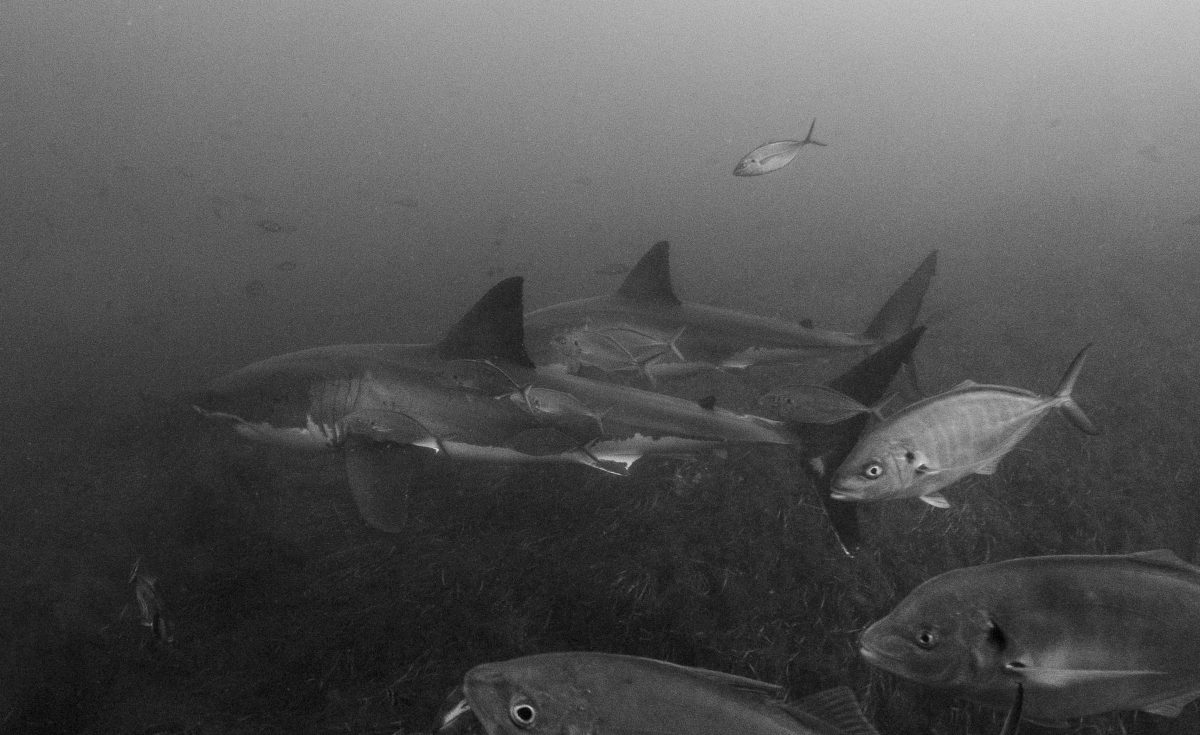
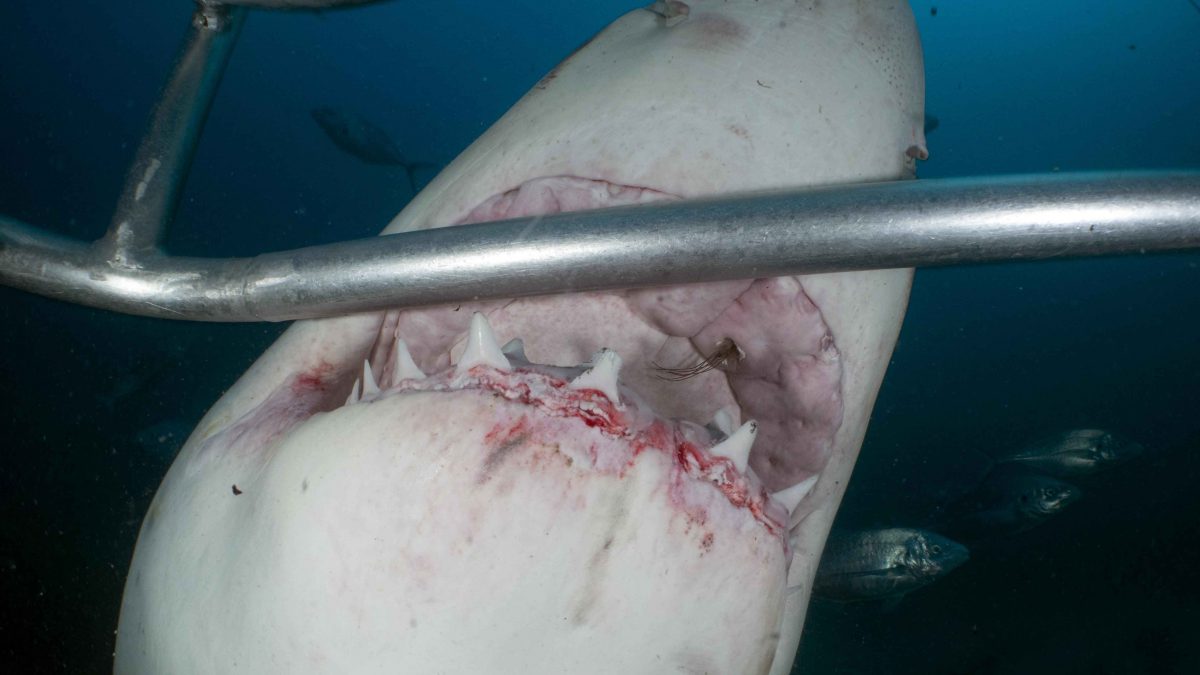
We left port, headed out to the beautiful Neptune Islands, which was approximately a four-hour journey from Port Lincoln. Luckily for the guests on the first expedition I participated on, as soon as we arrived at the North Neptunes we were greeted by sharks. By the time we had got all of the guests into the water diving, Andrew and I were in the last group to enter the water. It was twilight on the surface, so nearly dark underwater.
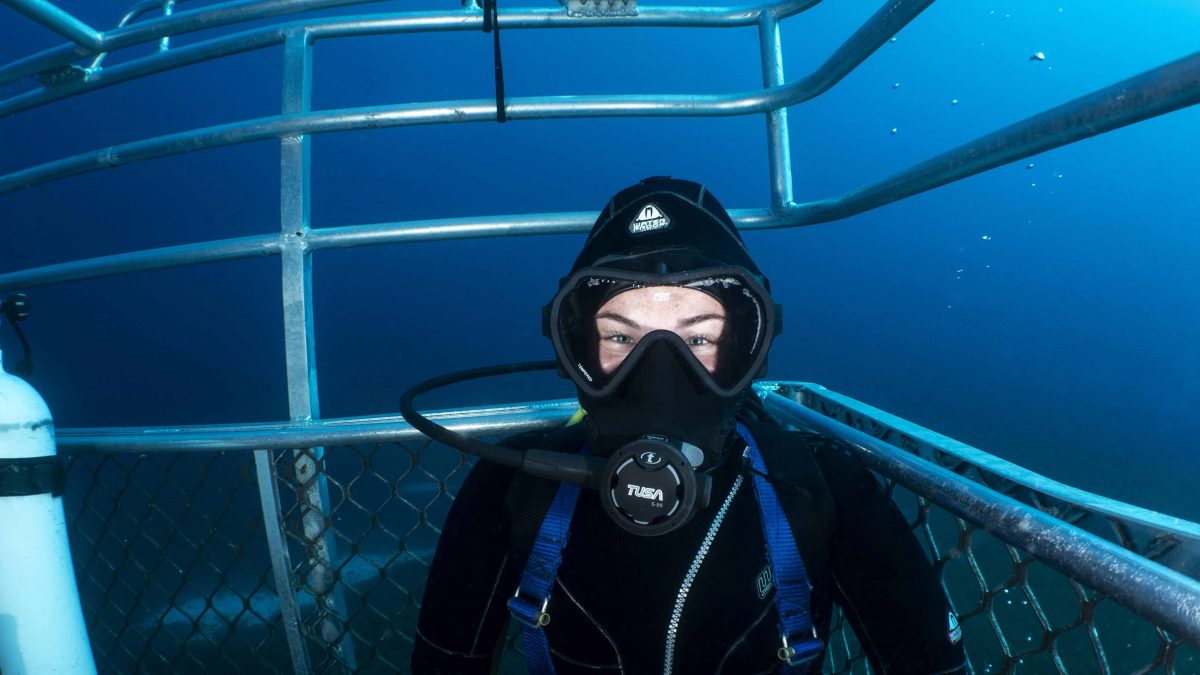
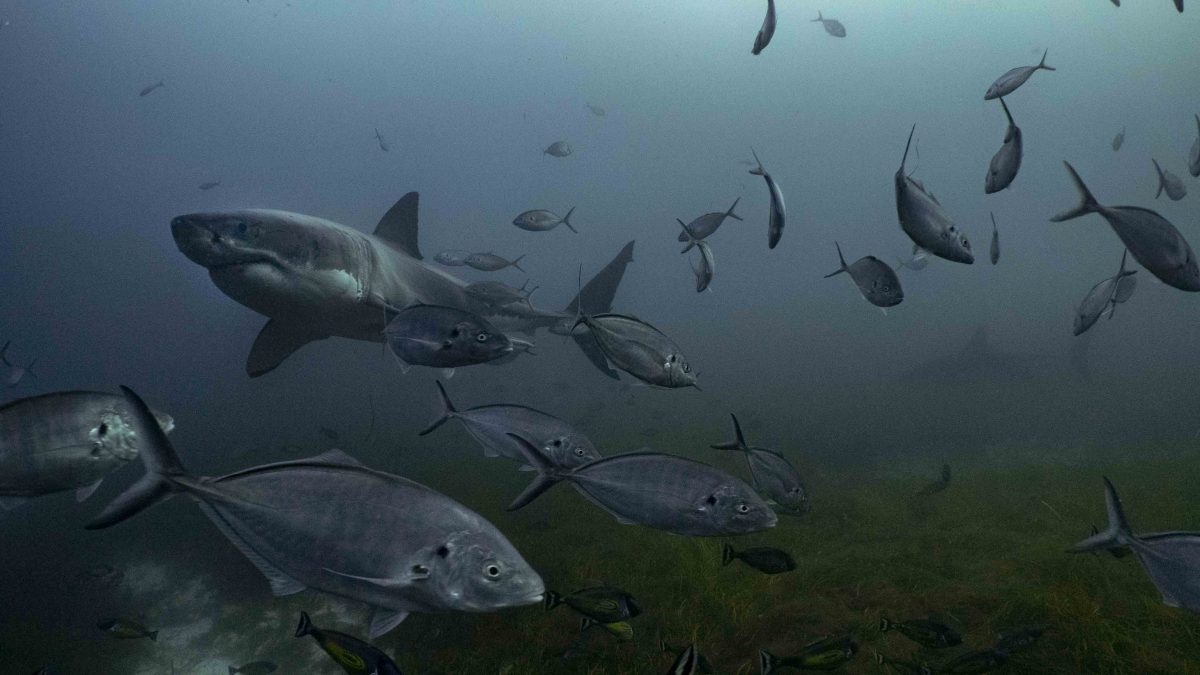
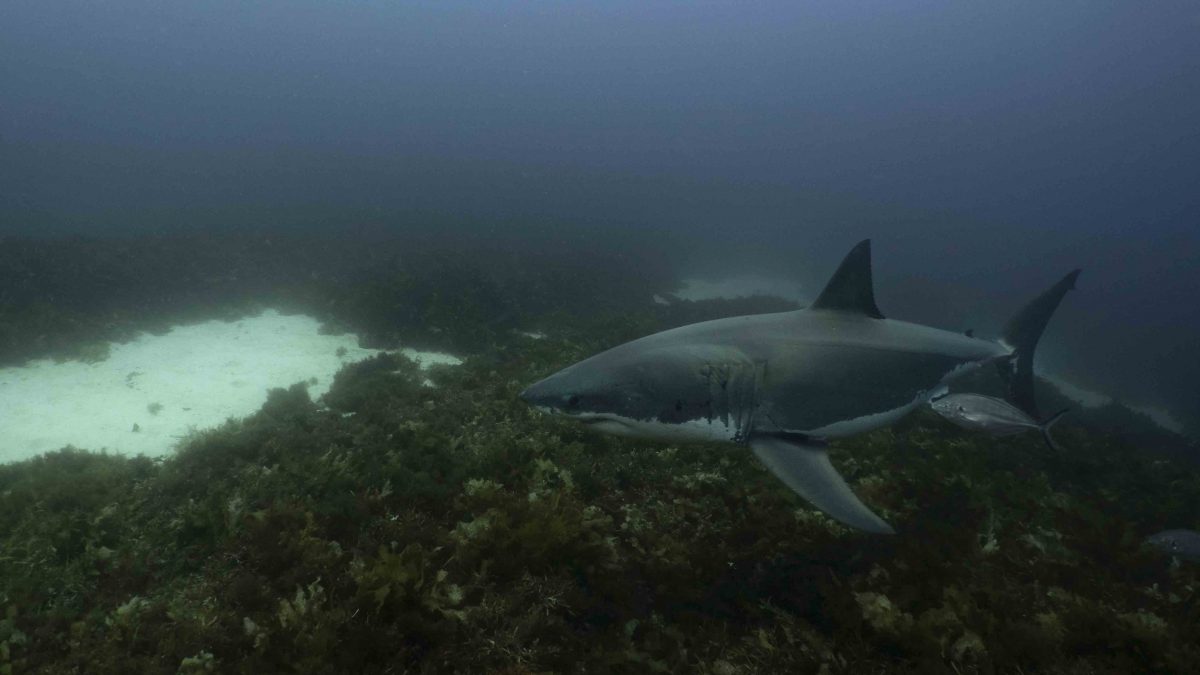
I’m not going to lie – the first dive was very eerie – as we made our way to the seafloor in the bottom cage, you could feel the presence of not just one, but multiple sharks. We were surrounded by five enormous Great White Sharks and to be honest it was hard to know where to look! They truly are an incredible animal that stands in a league of their own. I had my camera, but didn’t really know where to point it, so used this dive to take in what I was seeing, and in fact what I was really doing!
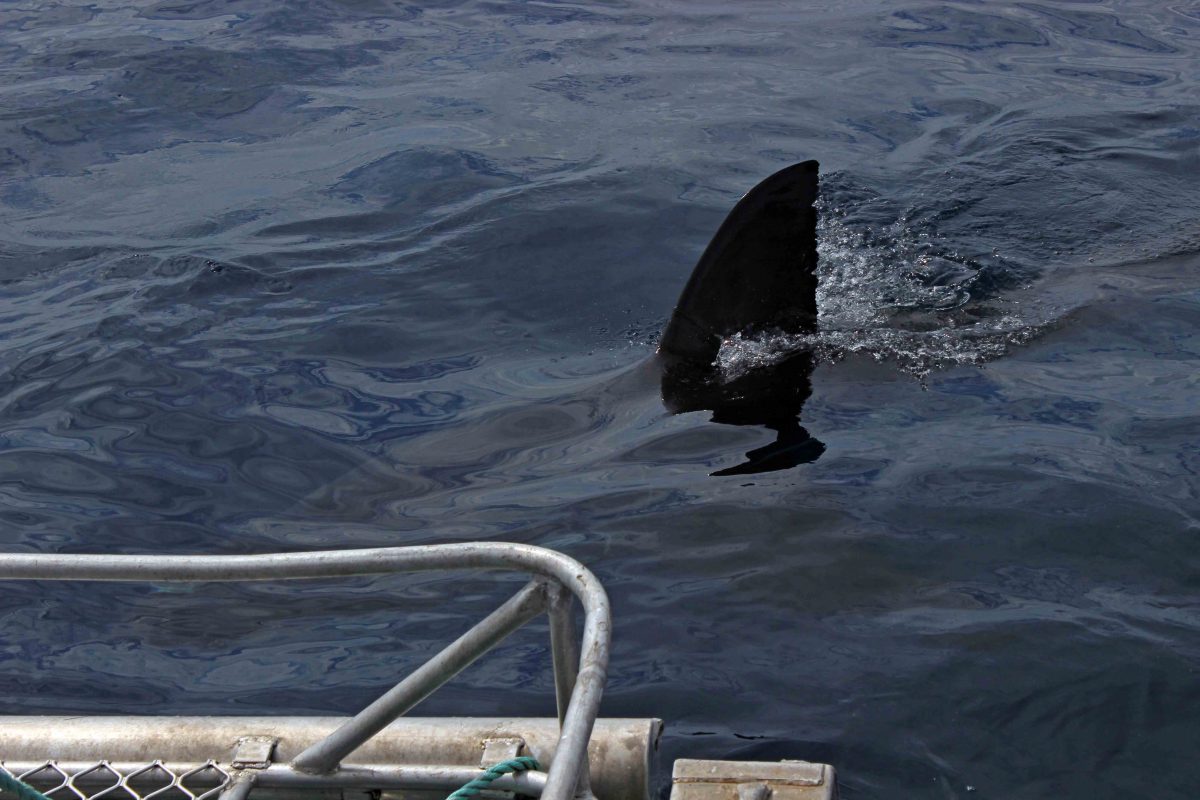
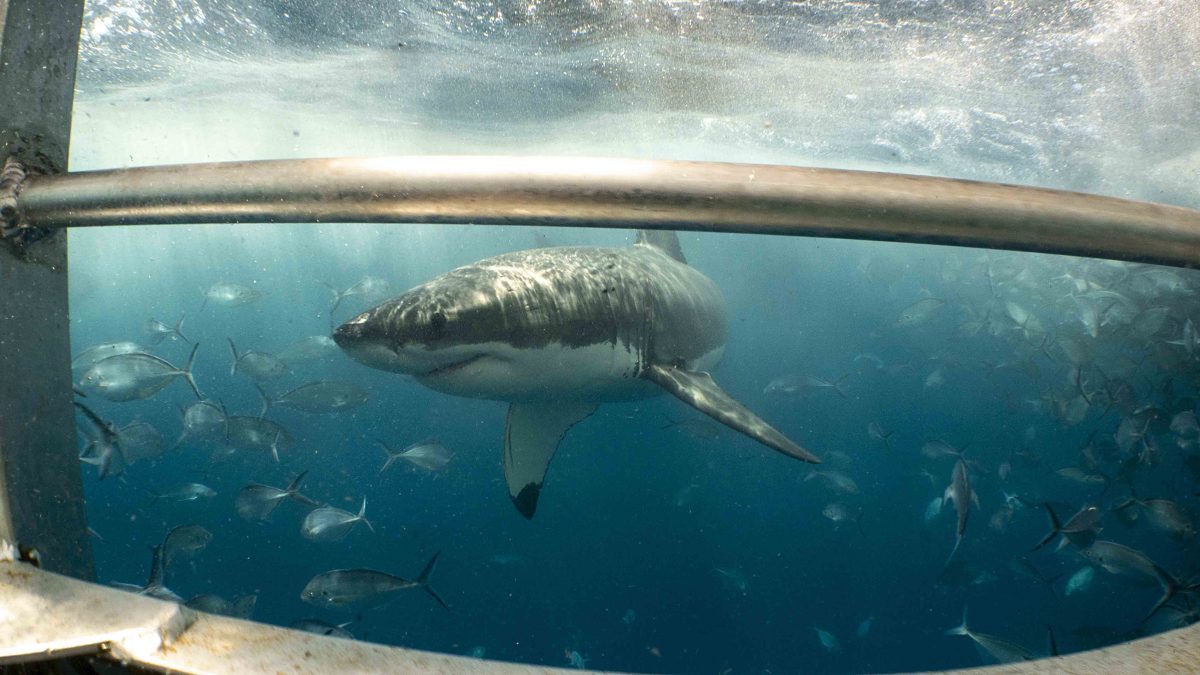
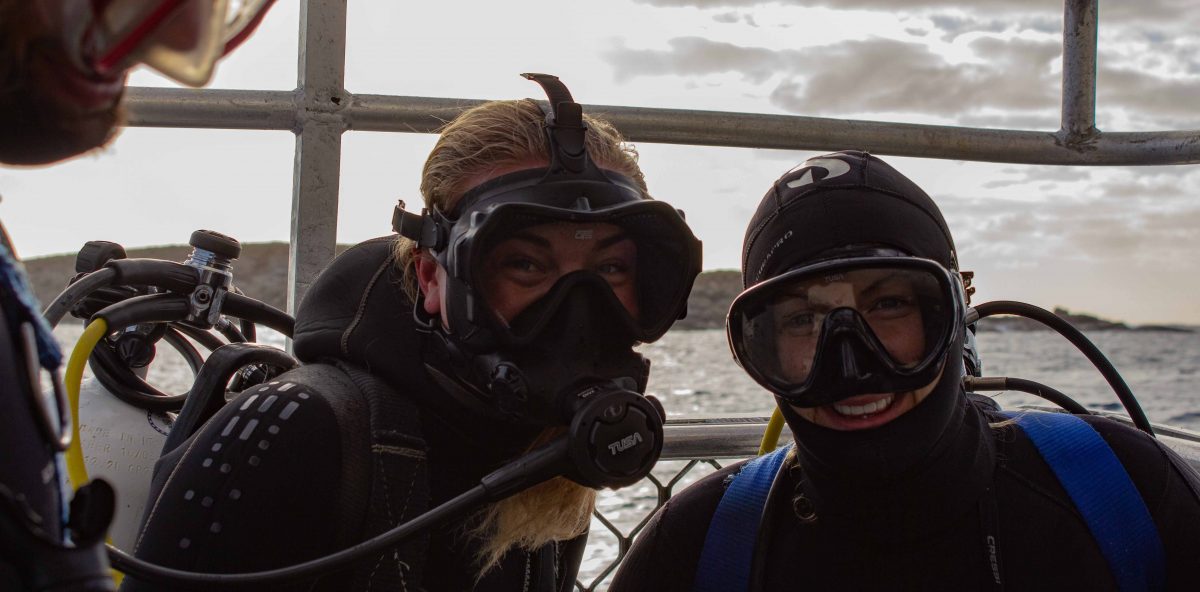
Over the two weeks I spent onboard the Princess II, I learned how an ecotour company such as this operates around protected sites and animals, with a range of guests with different diving experiences, as well as different reasons for choosing to come and experience this. Overall, there is a general fear when it comes to sharks and getting into the water with them, so it was great to listen to individual’s stories and what had brought them out to the Neptune Islands.
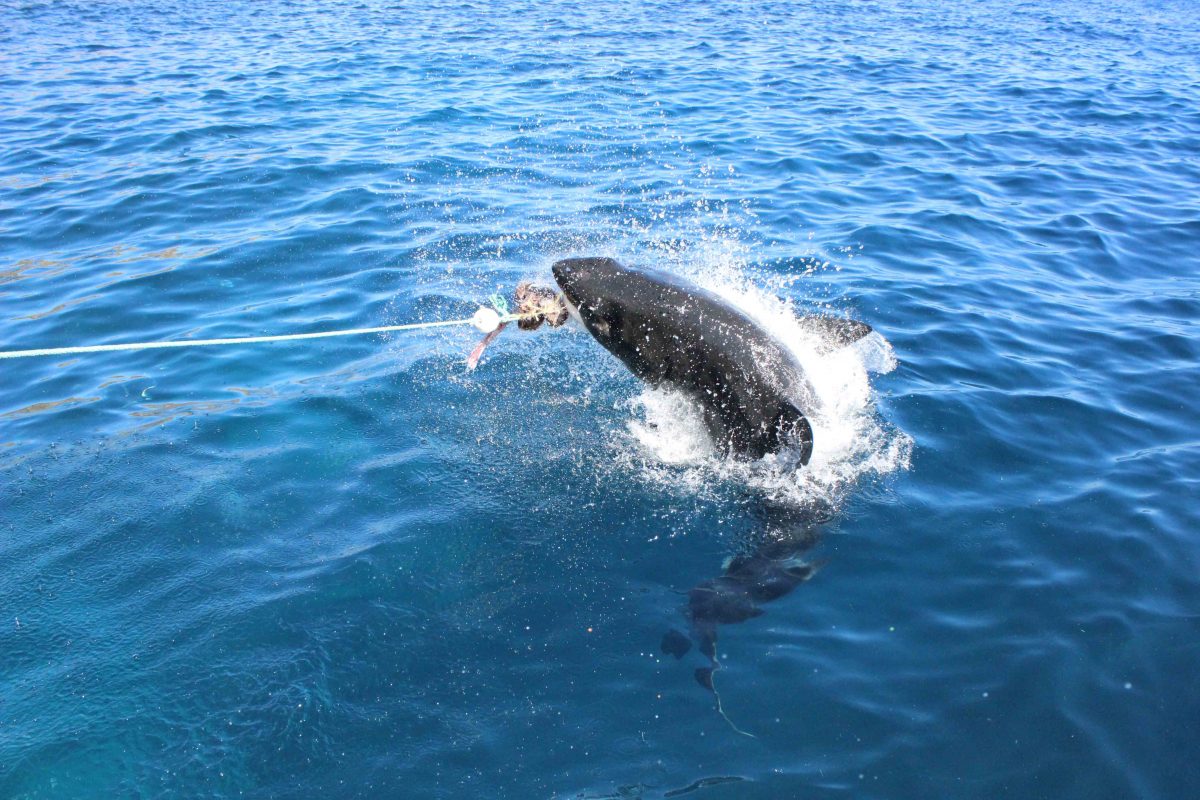
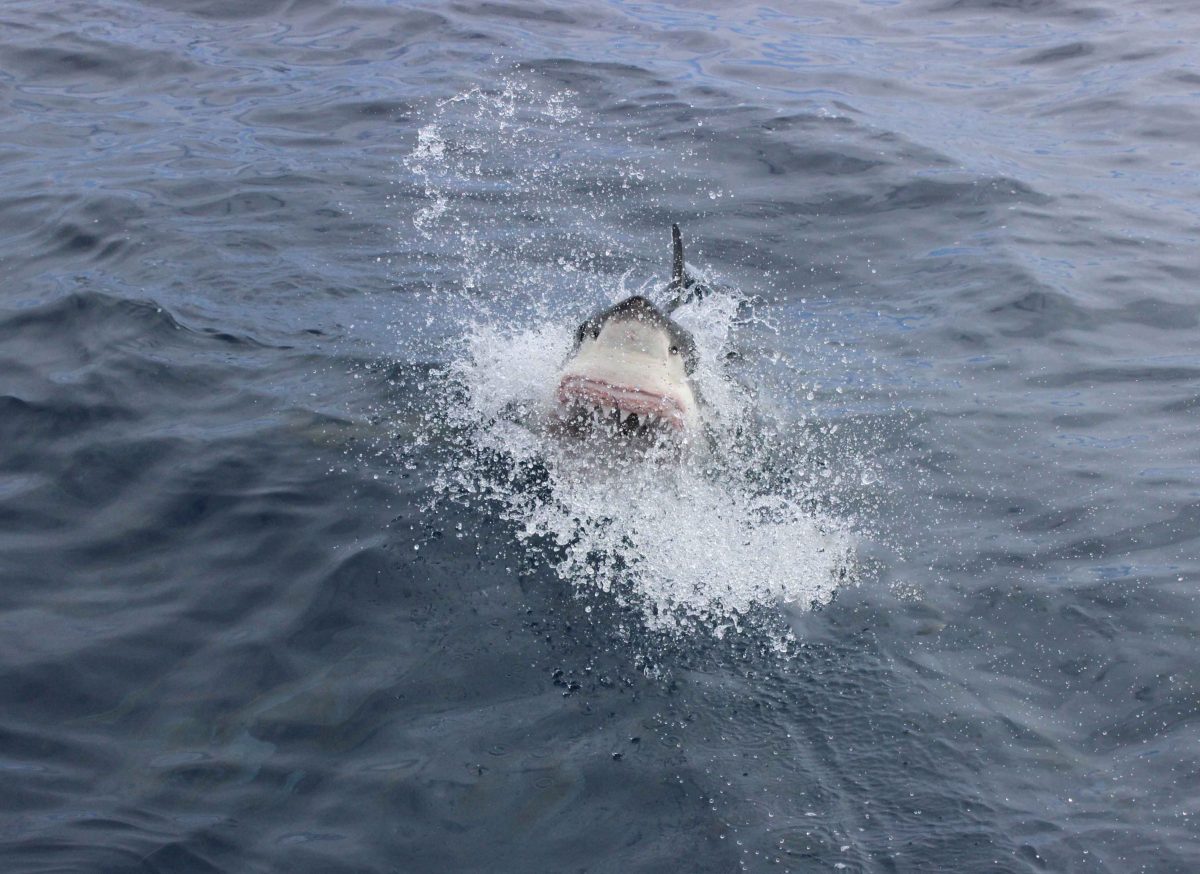
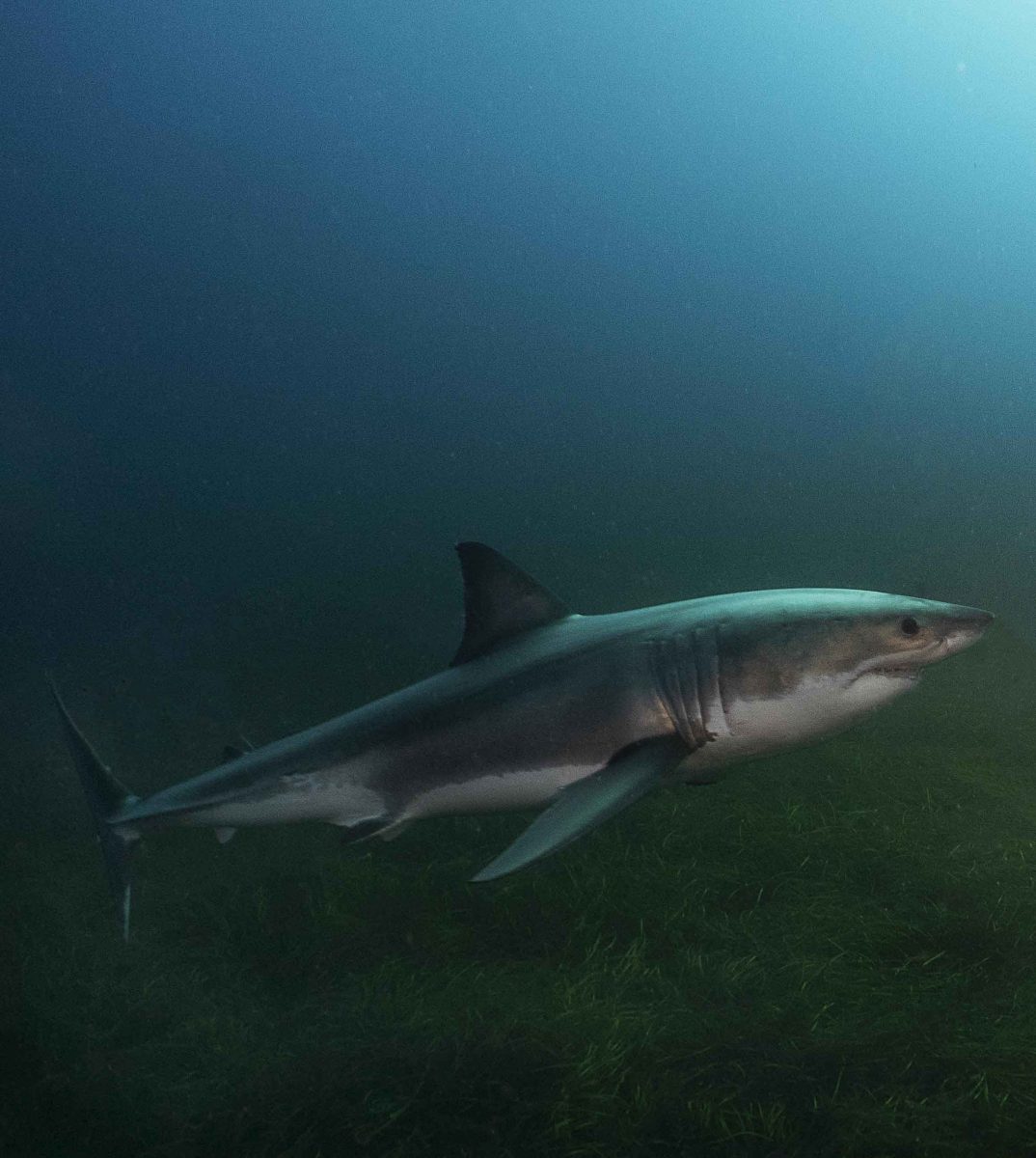
The unique and brilliant part about Rodney Fox is that they are the only ecotour company in the world that offers divers the opportunity to dive with Great Whites in a bottom-cage. Witnessing sharks swimming past the cage in their natural habitat, through the kelp and seagrass beds, is not something you can experience in many places globally. For the non-divers the surface cage also provides an incredible opportunity to witness enormous sharks cruising past.
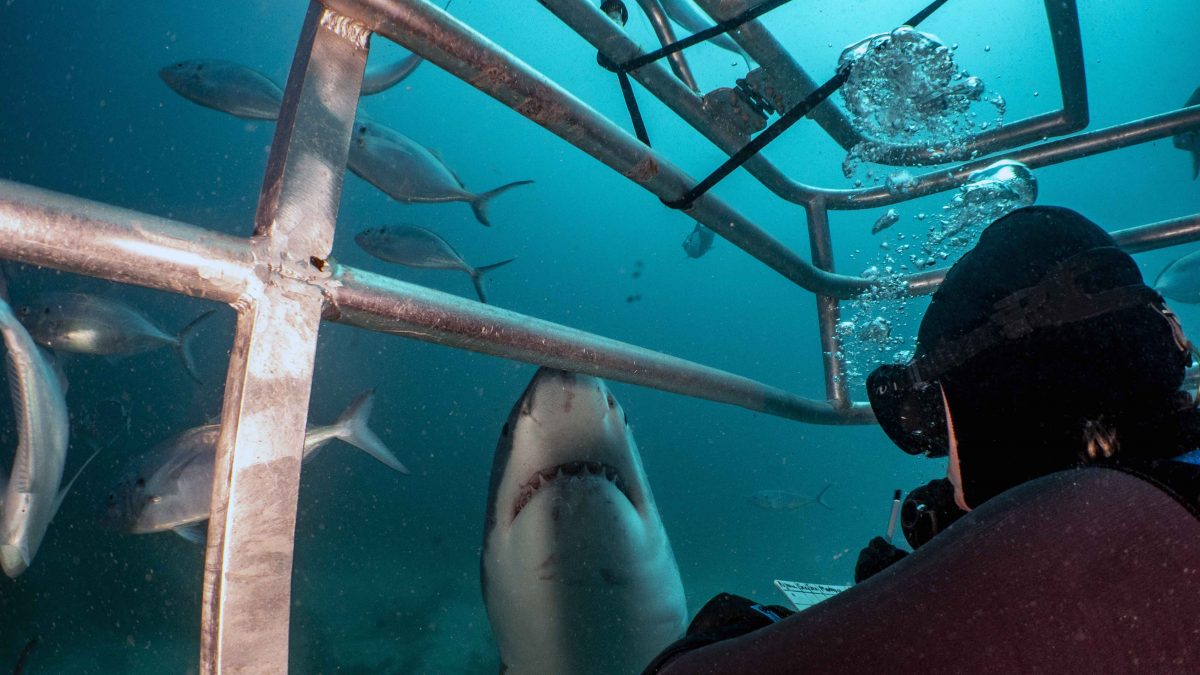
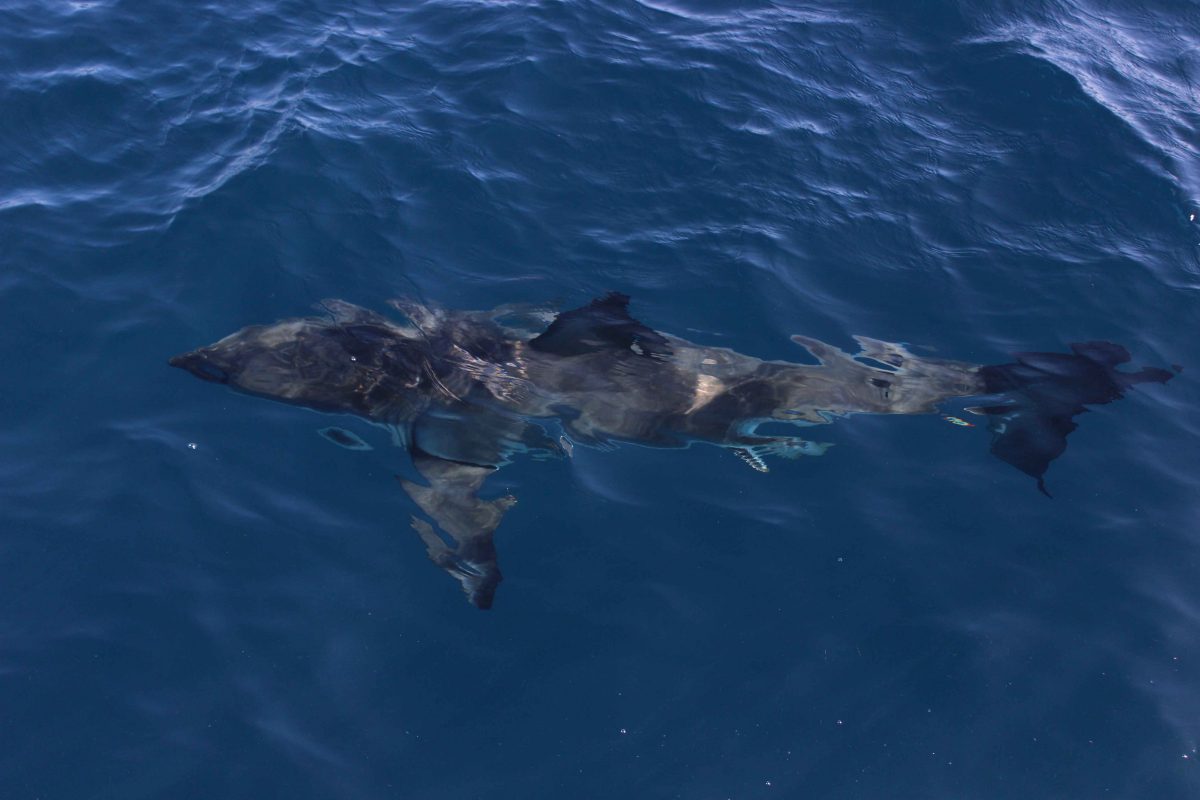
Rodney Fox expeditions also conduct critical research and conservation of the sharks around the Neptune Islands through the Fox Shark Research Foundation which was established in 2001. Scientists are frequently onboard Princess II, every shark is recorded on a dive, as well as other biological and behavioural information on the sharks.
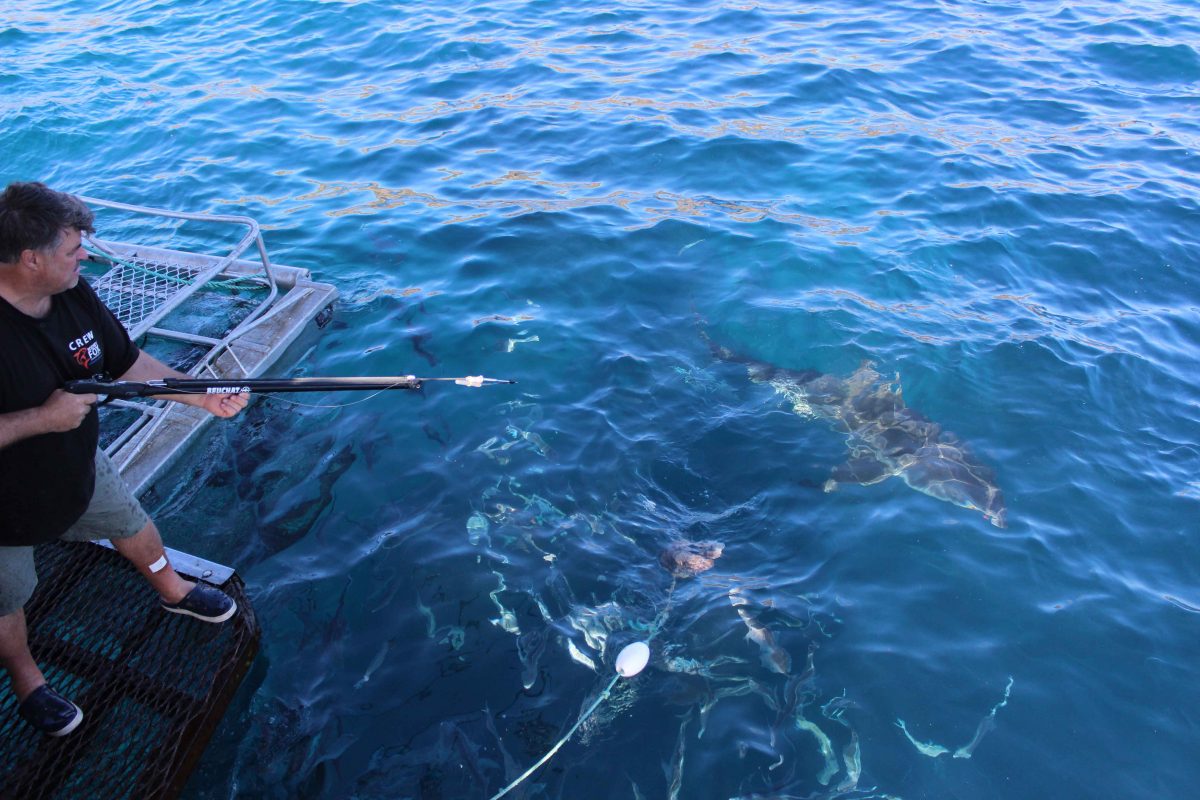
The database has over 1000 individuals and Fox Shark Research Foundation works closely with CSIRO (Commonwealth Scientific and Industrial Research Organisation), Flinders University and SADRI (South Australian Research and Development Institute) to analyse biopsy samples and tag individual animals.
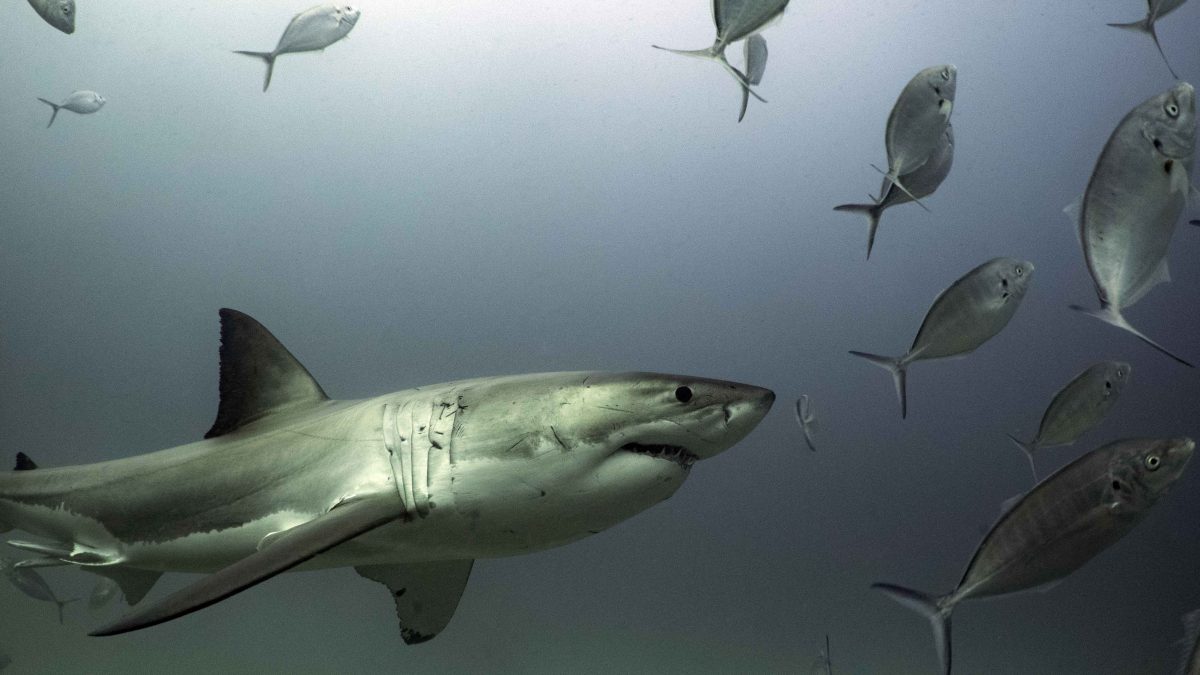
Another unique and brilliant part of these expeditions is the opportunity to dive or snorkel with Australian Sea Lions at Hopkins Island.
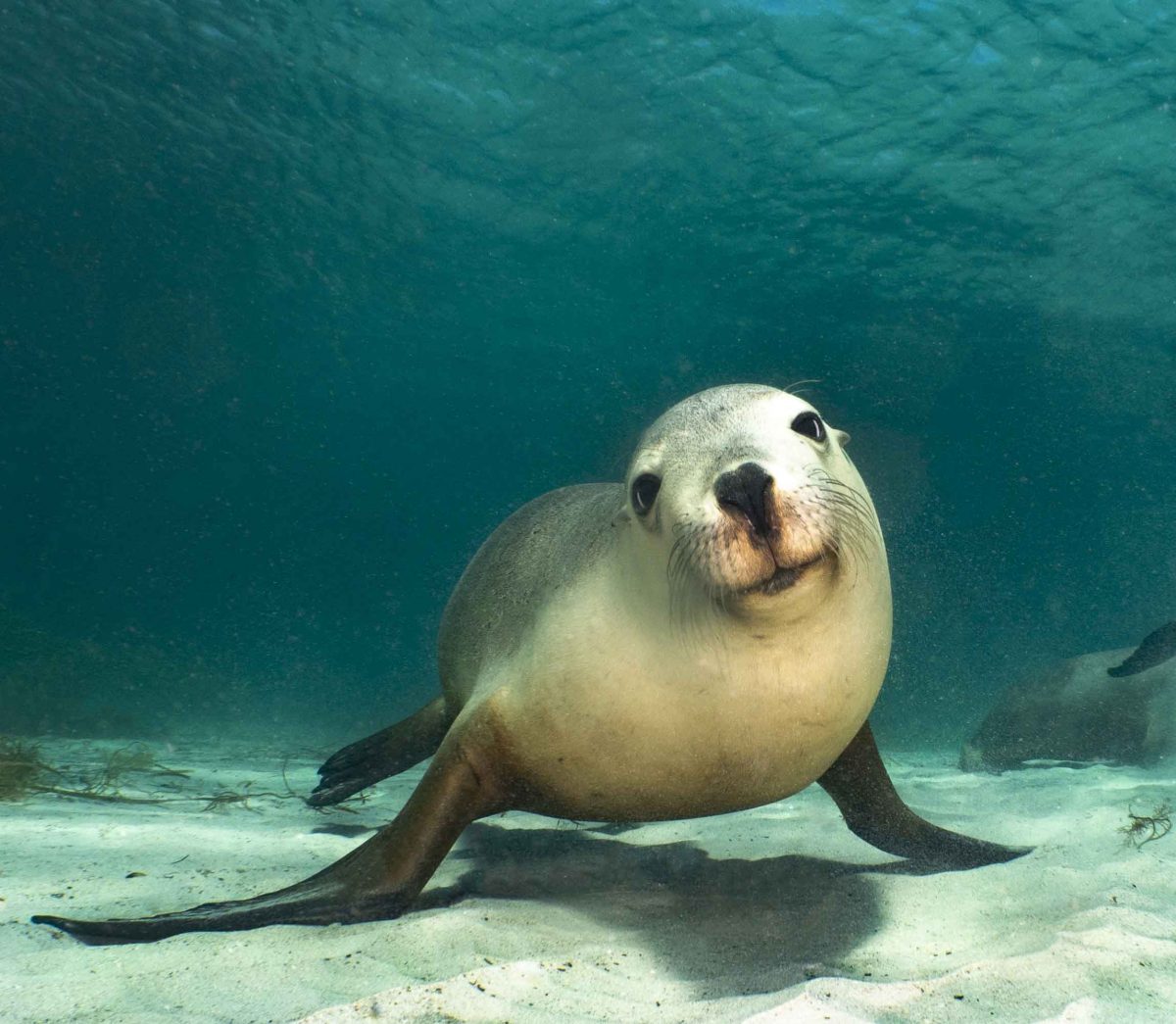
This species is listed as Endangered on the IUCN Red List of Threatened Species, so it really is such a privilege to be in the water with them.
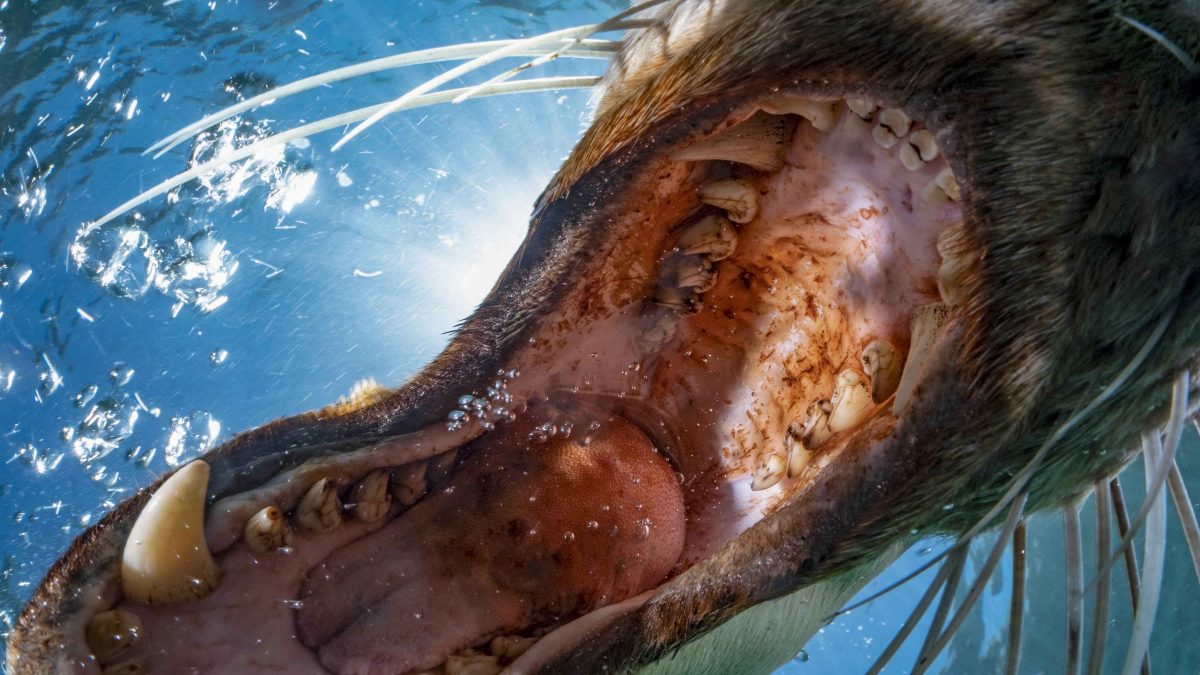
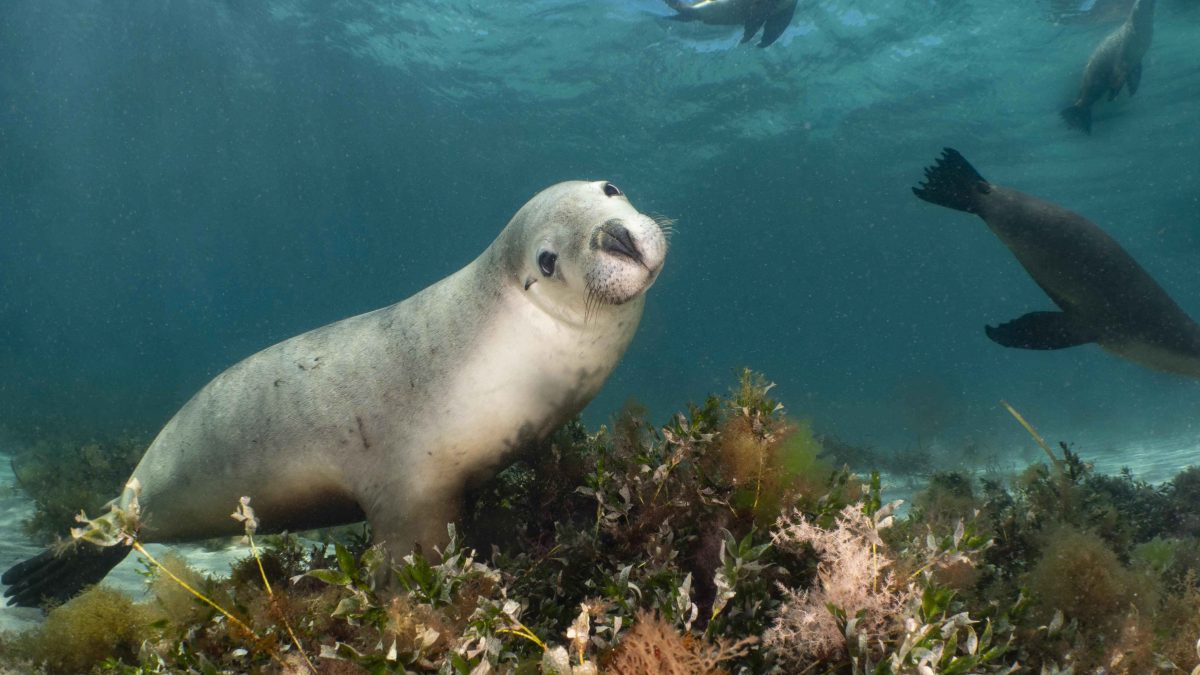
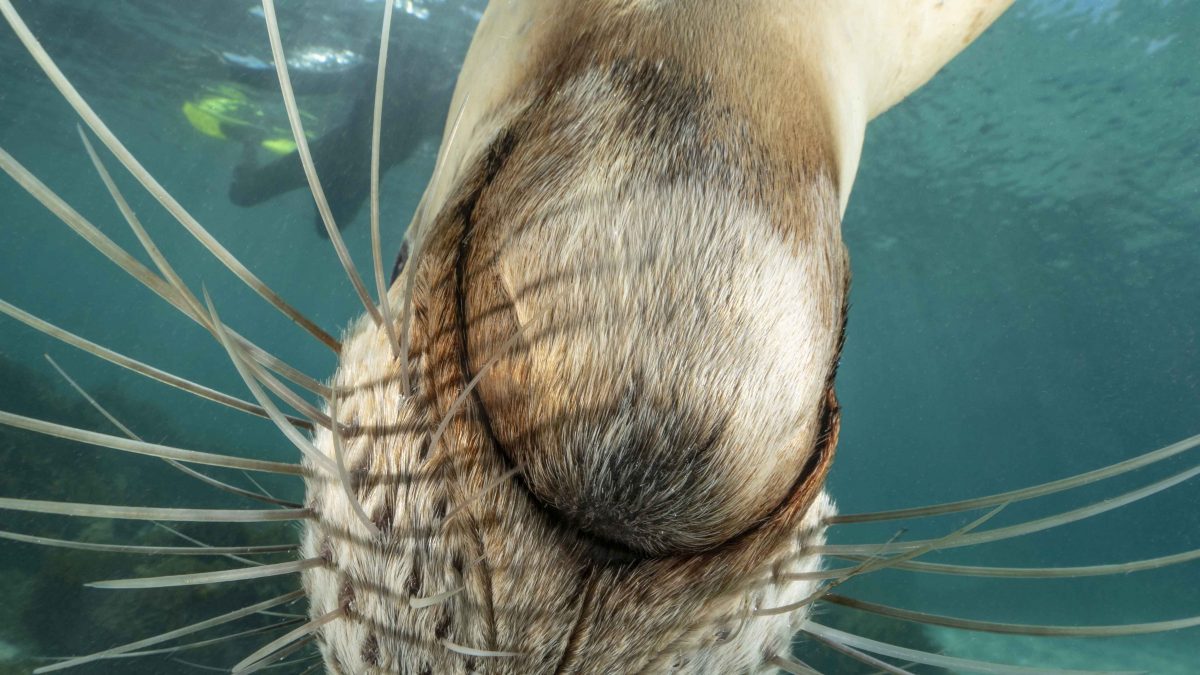
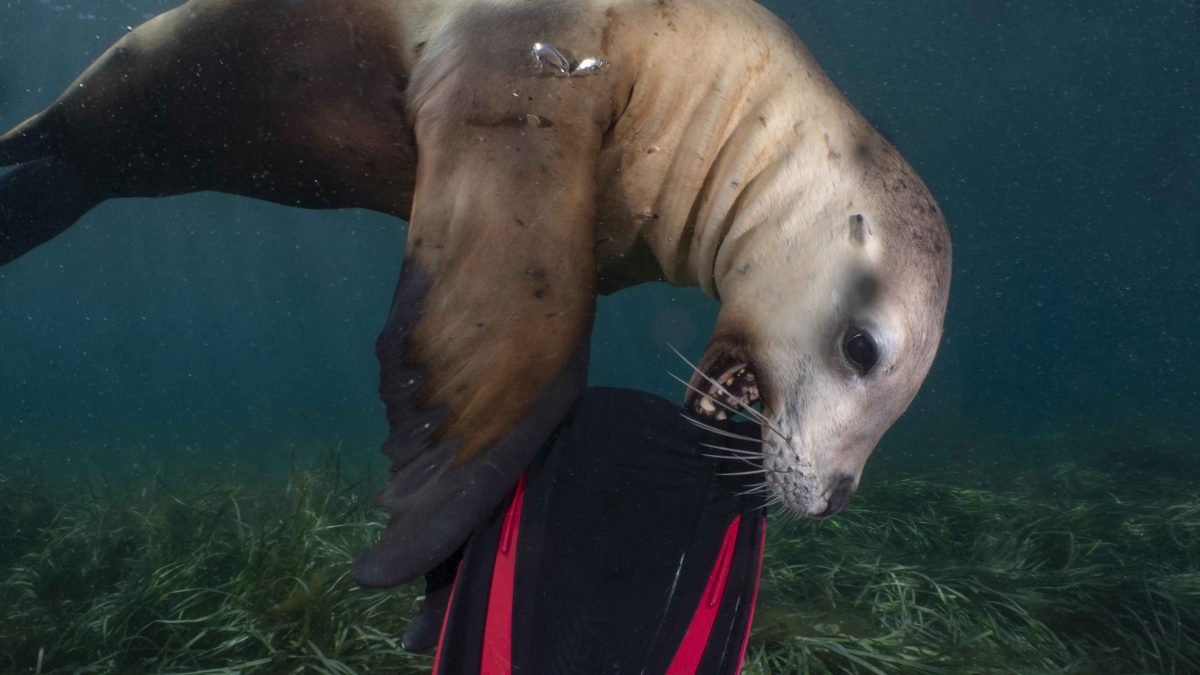
The Sea Lions really are the puppies of the sea, spinning and dancing around you, and are extremely curious. Swimming with the Sea Lions is such a brilliant way to finish a very special expedition.
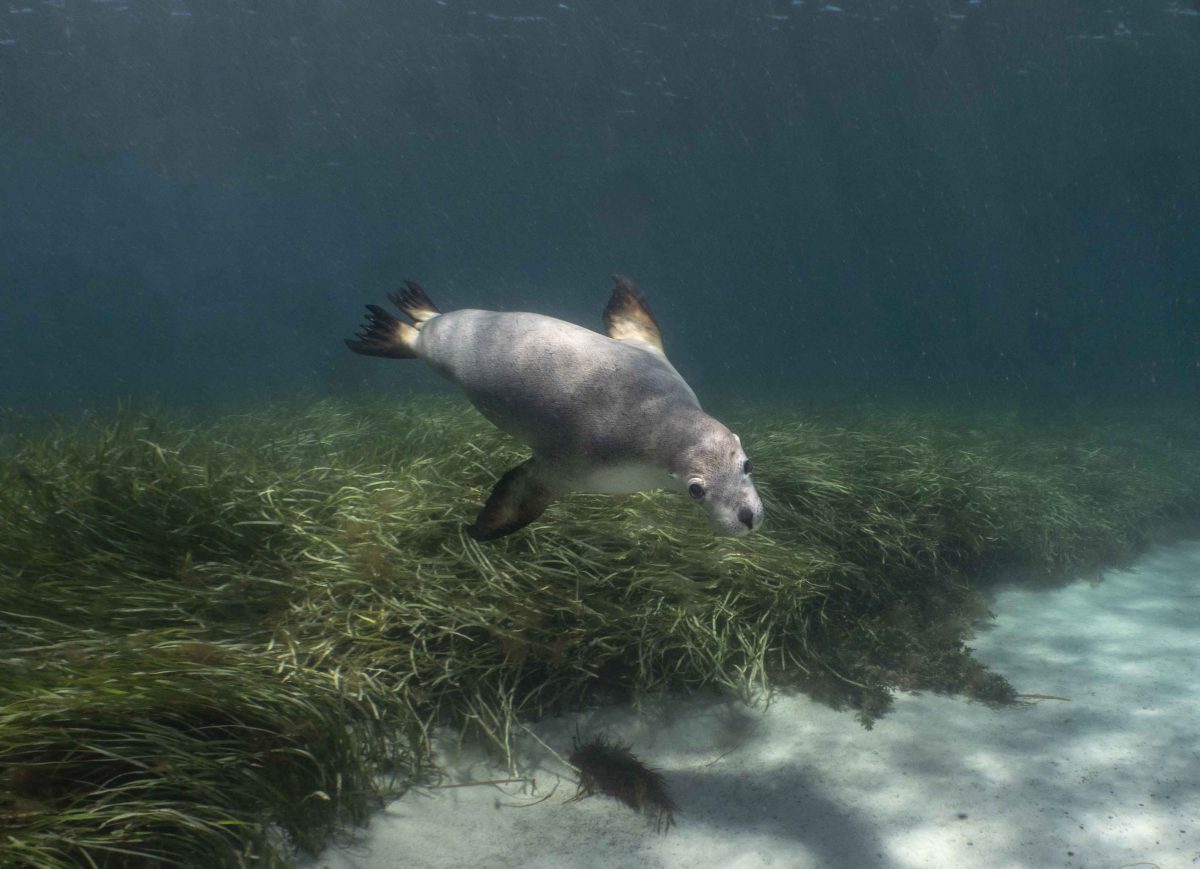
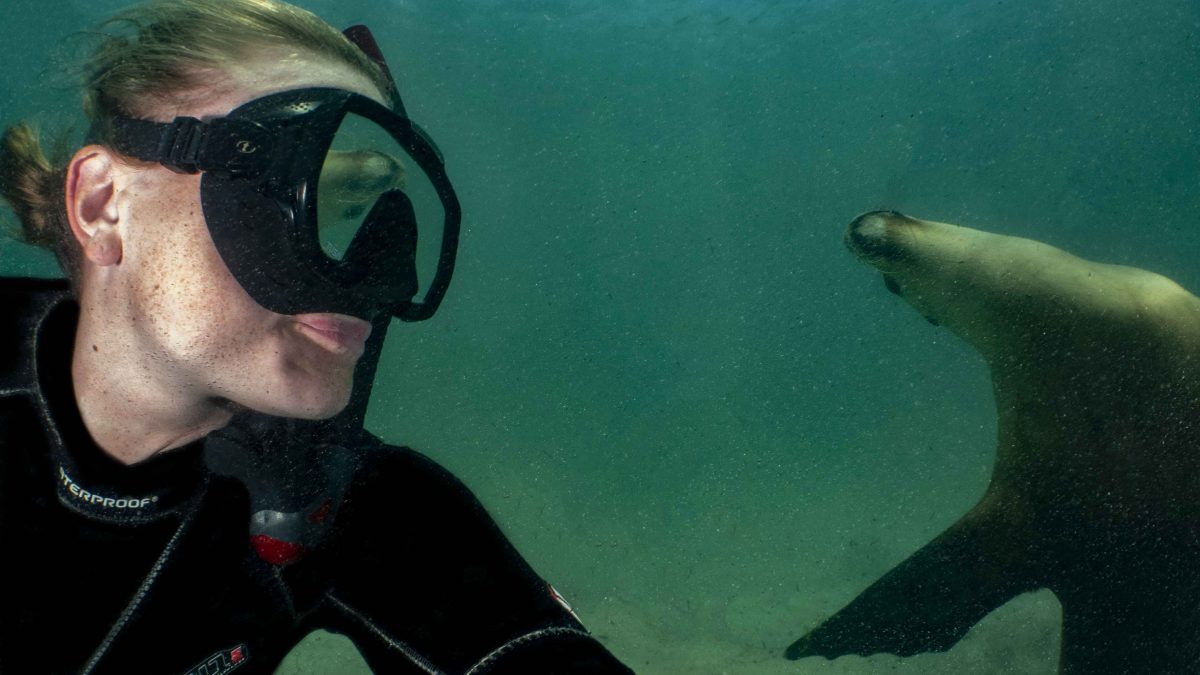
I cannot recommend this experience more to anyone considering diving with Great White Sharks, particularly as someone who has had my own personal loss with these animals. This truly is a unique and incredibly special experience that cannot be compared to anything else.
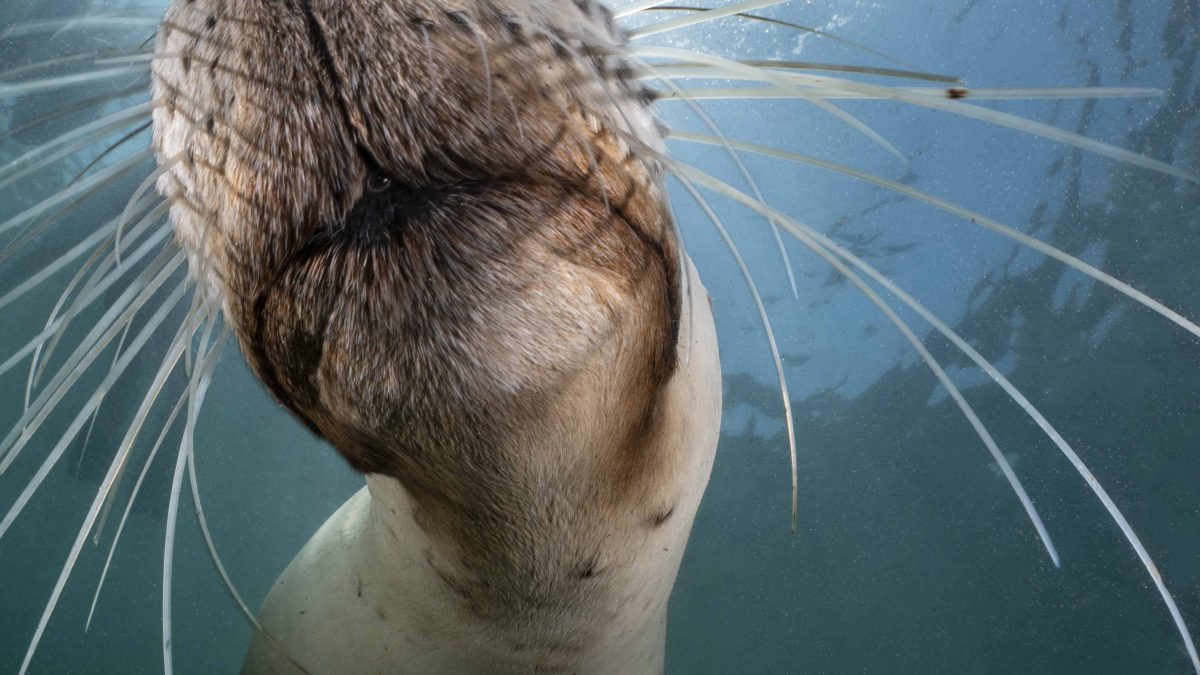
This was a difficult but immensely rewarding experience for me, and I cannot thank Andrew Fox enough, as well as Sianna, Sam, Mitch, Jeff, Nathan, Kyle, Clara, Remi, Tajsh and the rest of the Rodney Fox crew enough for hosting me onboard and for being so accommodating given my personal circumstances.
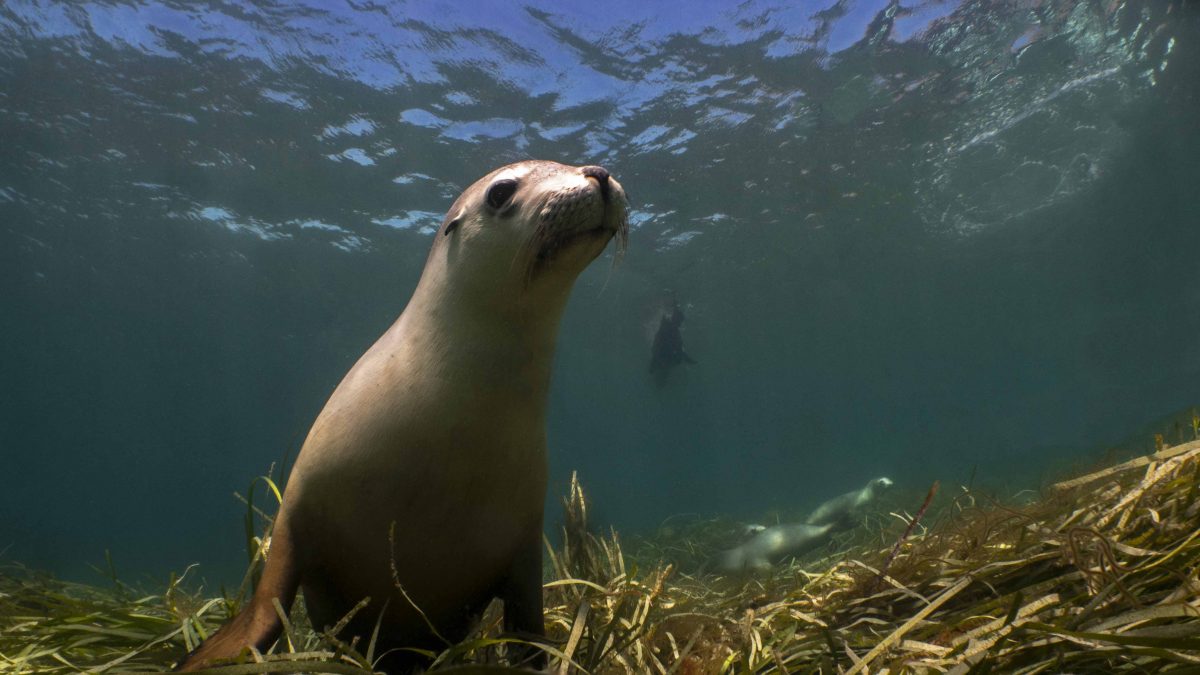
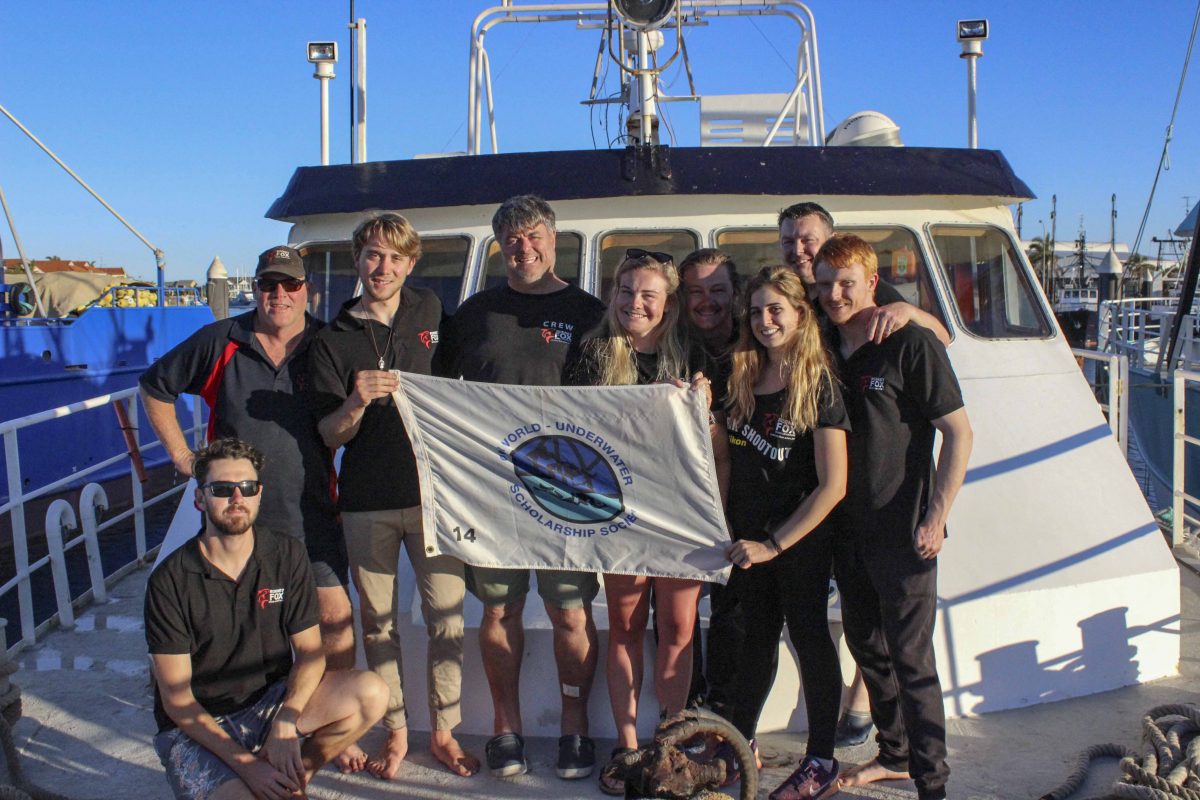
As always, a big thank you to those who continually support my scholarship year: OWUSS, Rolex, TUSA, Waterproof International, DAN, PADI, Mako Eyewear, Reef Photo & Video and Nauticam.